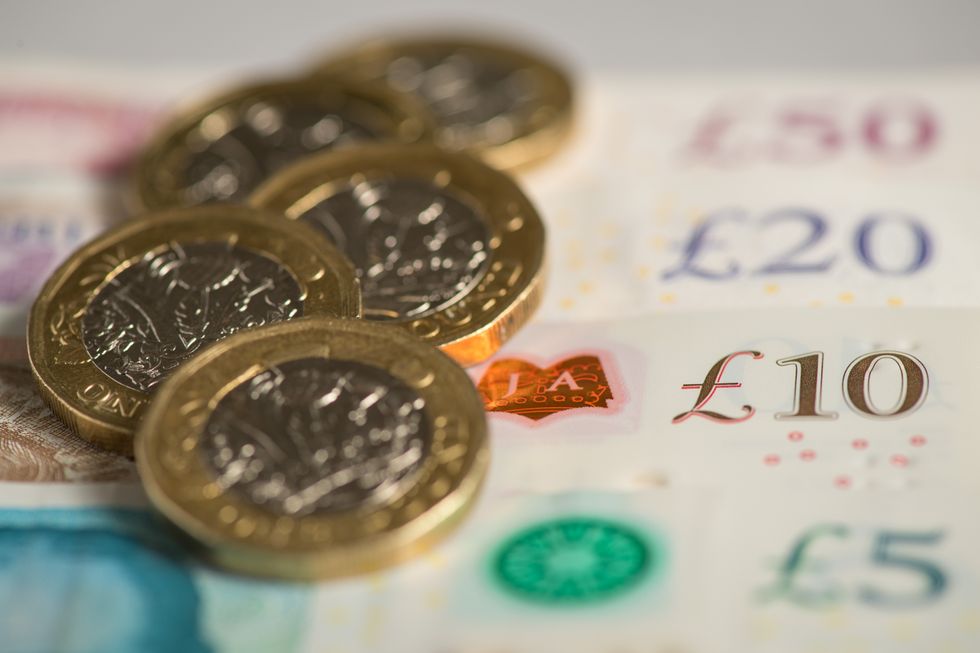Ministers admit cash-strapped UK borrowed £22,000,000,000.00 more than it raised in taxes last month to 'fund soaring benefits'

Government spending soared to £22bn in November
Dominic Lipinski

Government borrowing soared to its highest November level last month since records began in 1993 due to the cost-of-living crisis and skyrocket energy prices.
The total amount borrowed last month topped £22bn – which is a rise of £13.9bn from November 2021.
As energy prices climbed, the Energy Bills Support Scheme was launched by the government, this included a £400 non-repayable discount to all households in England, Scotland and Wales.
November's government borrowing level was the highest on record
PA Graphics
In addition, the Energy Price Guarantee was also set up to limit the typical household bill to £2,500 per year.
According to the Office for National Statistics (ONS), inflation – the rate at which prices rise - is the main reason behind the increase in borrowing despite the government taking £2.2bn more in tax in November compared to last year.
Interest on government debt has also increased by 50.1 percent to £7.3bn.
The UK is already thought to be in recession which is when the economy shrinks for two or three-month periods in a row.
Grant Fitzner, ONS chief economist told the BBC's Today programme: "Firstly, of course, as we know the cost of energy support for households and business, that's around £6.5bn extra spending a month.
"[It's also due to] higher debt interest payments, reflecting again, high inflation and interest rate payments and also higher pensions and benefits than a year ago."
Inflation in the UK eased to 10.7 per cent during the year to November, however the cost of living is still rising at its fastest pace in 40 years.
Borrowing has increased due to food, energy and fuel prices
James Manning
Food, energy and fuel prices have dramatically increased following the war in Ukraine and the coronavirus pandemic.
Divya Sridhar, economist at PwC, said: "The latest data on the UK's public finances reflects the fiscal implications of continued energy bills support and higher inflation.
"Looking ahead, continued energy bills support and the ninth consecutive rise in interest rates announced by the Bank of England last week will continue to squeeze public finances."